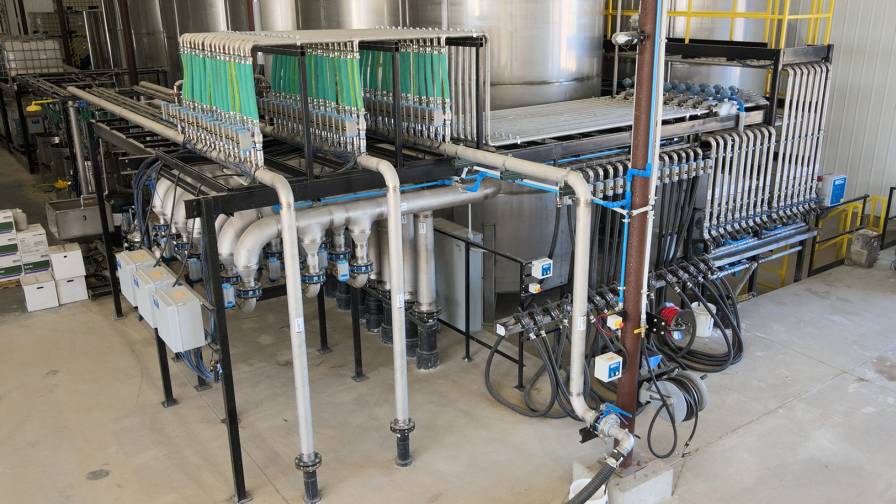Understanding the Value of Crop Rotation in Nitrogen Management
Understanding the relationship between nitrogen (N) and crop rotation is very important when making N management decisions, according to Iowa State University Extension and Outreach. There are several benefits to using crop rotation, including improved nutrient cycling, soil tilth, and soil physical properties; and enhanced weed control. Crop rotation also may influence the rate of N mineralization or the conversion of organic N to mineral N by modifying soil moisture, soil temperature, pH, plant residue, and tillage practices.
The incremental increase in N use over the past five decades, due to emphasis on maximizing yield, has led to a subsequent increase in N in the soil profile of some agricultural fields. Therefore, the influence of agricultural practices on water quality has prompted studies to develop best management practices to optimize the use of fertilizer N and reduce N loss to surface and groundwater. Crop rotation can play a major role in minimizing the potential risk of nitrate leaching to surface and groundwater by enhancing soil N availability, reducing the amount of N fertilizer applied, and minimizing the potential risk of N leaching.
Research on the impact of long-term crop rotation on soil N availability shows that planting alfalfa, corn, oat, and soybean significantly increased the mineralized net N in soil compared with planting continuous corn. Because soil N mineralization can effect yield, crop rotation thus can be used as a management system to enhance the soil nutrient pool, thereby reducing the fertilizer N input and minimizing the risk of leaching of excess N during wet weather.
Read more at Iowa State University Extension and Outreach.





